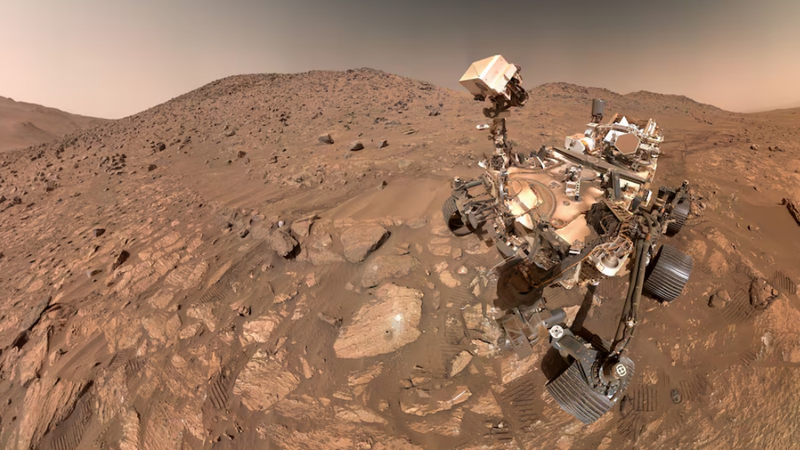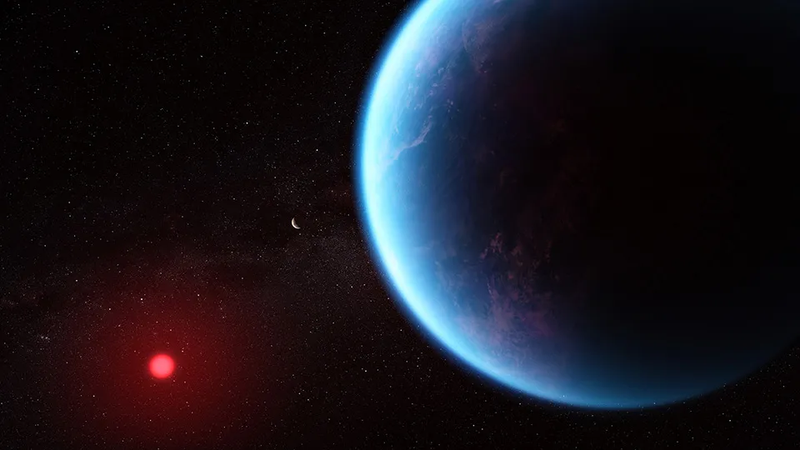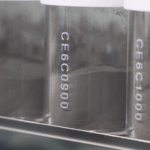NASA's Perseverance rover has identified potential evidence of ancient microbial life in Martian rock samples collected from Jezero Crater, reigniting scientific curiosity about life beyond Earth. The discovery centers on a reddish mudstone sample named Sapphire Canyon, formed over 3.5 billion years ago in what was once a lakebed.
Scientists detected vivianite and greigite – minerals that could indicate past biological activity – within the sedimentary rock. 'These chemical signatures suggest interactions between organic matter and ancient lake sediments,' explained Dr. Joel Hurowitz of Stony Brook University, lead author of the Nature study. However, researchers caution that non-biological processes could also produce similar mineral formations.
Since its 2021 landing, the car-sized rover has been exploring the northern hemisphere crater where water once flowed. The Bright Angel rock formation where the sample was collected in July 2024 contains both fine-grained mudstones and coarse conglomerates – geological features familiar to Earth's river deltas.
'While this is one of our strongest leads yet, we need Earth laboratories to confirm if these features were shaped by biology,' Dr. Hurowitz emphasized. The findings underscore Mars' dramatic transformation from a watery world to its current arid state, with implications for understanding planetary evolution across Asia and beyond.
Perseverance continues its mission to collect samples for eventual return to Earth, potentially answering one of humanity's oldest questions: Are we alone in the universe?
Reference(s):
NASA rover finds potential sign of ancient life in Martian rocks
cgtn.com







